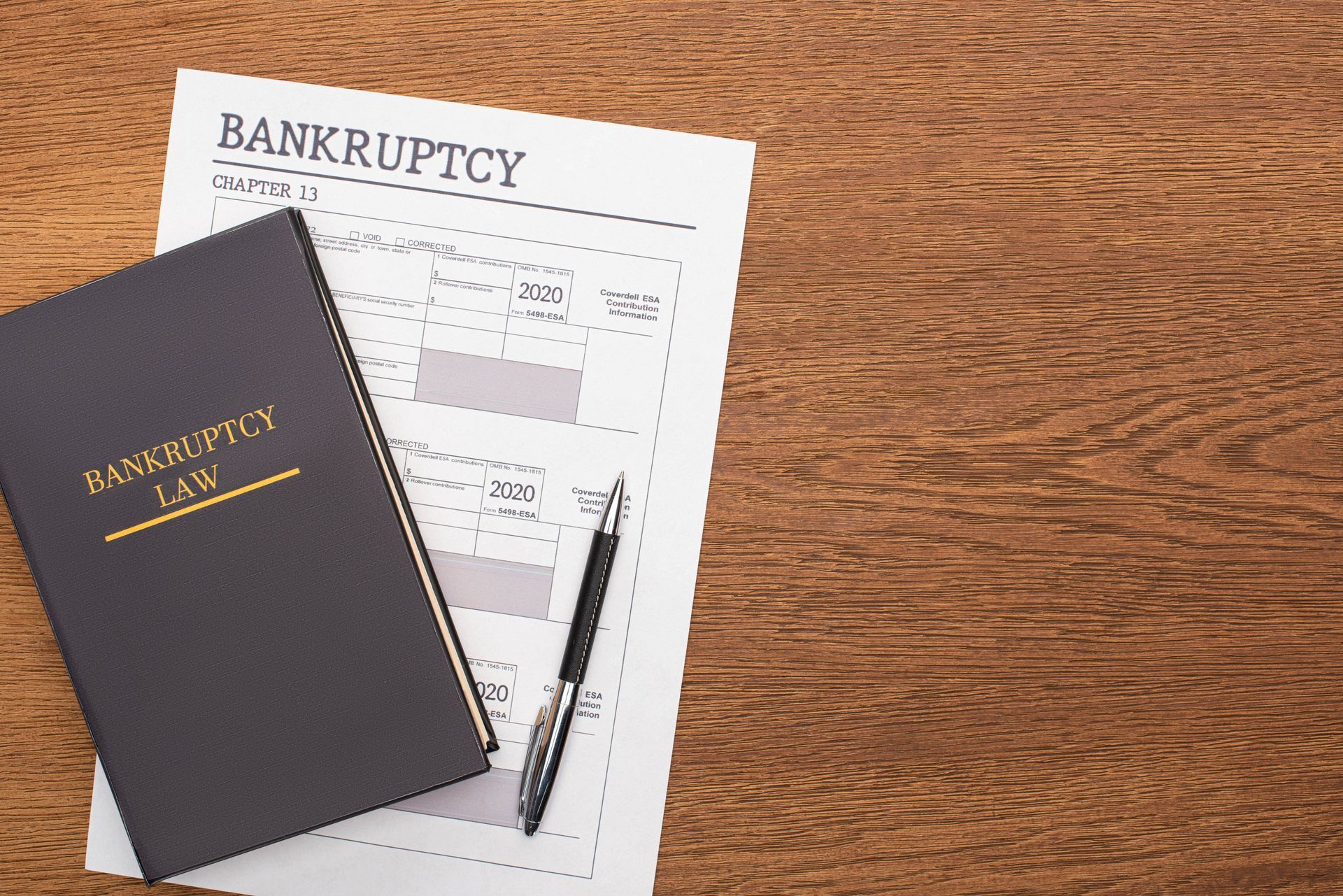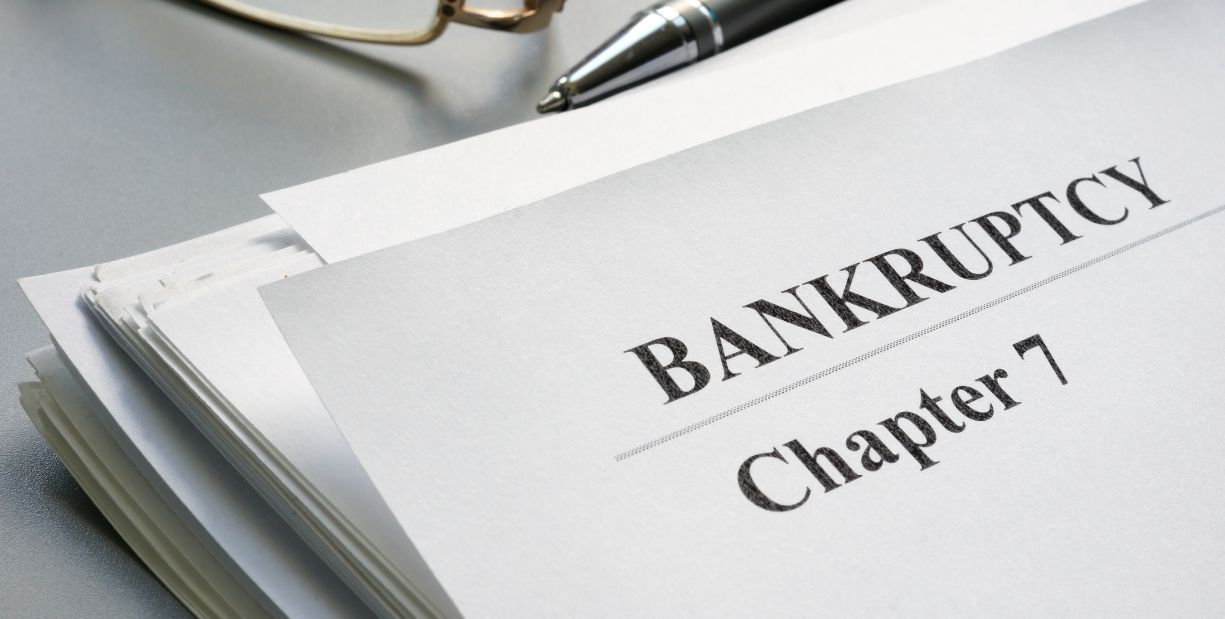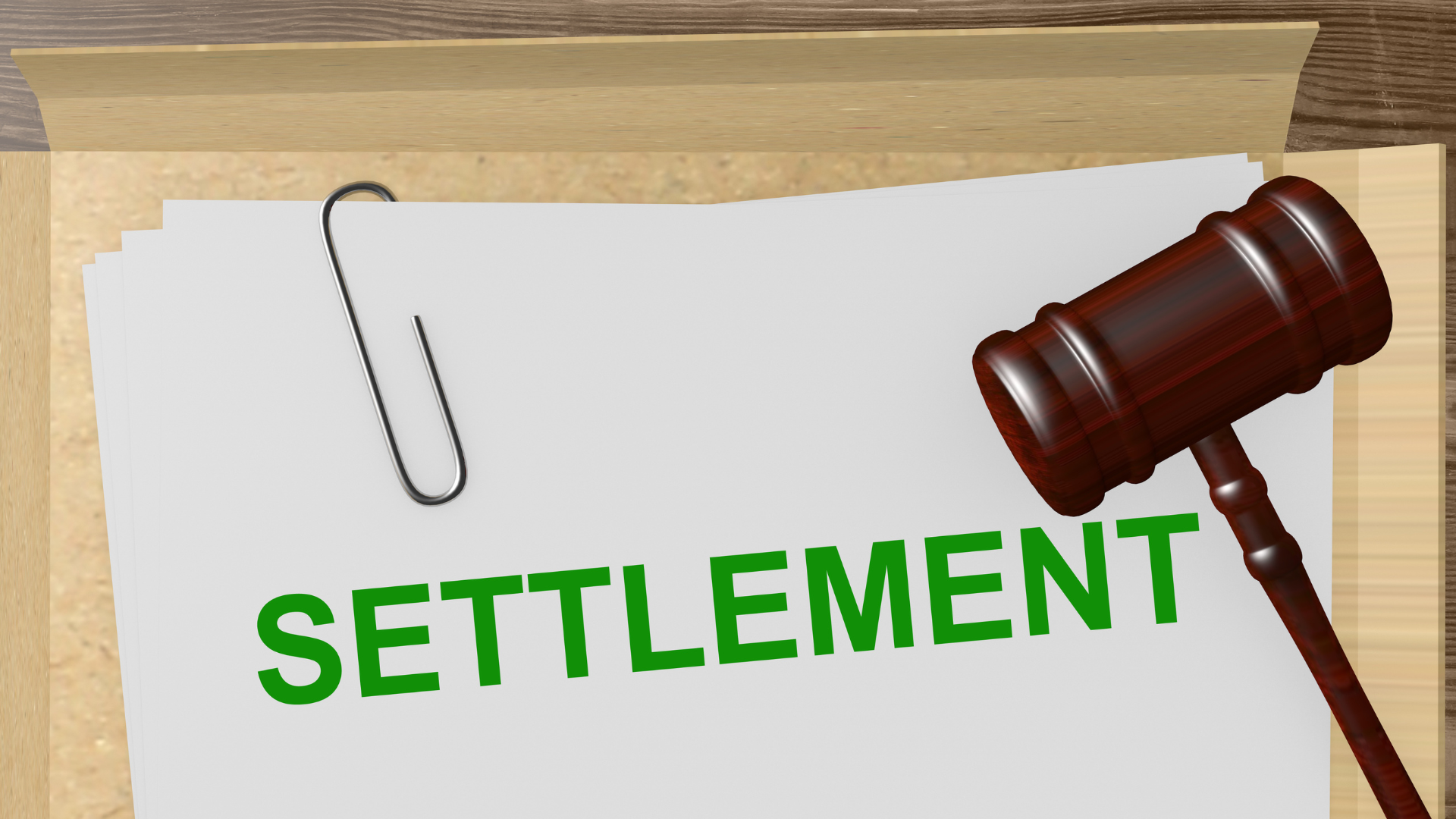Chapter 13 Bankruptcy and Taxes: A Guide for Individuals Managing Debt
Chapter 13 Bankruptcy and Taxes

At J. Singer Law Group, we frequently help clients understand how Chapter 13 bankruptcy intersects with IRS obligations. Whether you owe back taxes, expect a refund, or are unsure how to handle future returns, knowing what’s required can help you avoid serious setbacks in your case.
Do You Still Have to File Taxes During Chapter 13?
Absolutely. Filing your federal and state tax returns remains mandatory each year throughout your repayment plan. The bankruptcy court expects you to stay current, and your Chapter 13 trustee will often require copies of your most recent filings.Failing to file tax returns during your case can jeopardize your ability to receive a discharge or even result in dismissal. Compliance is not just a suggestion - it's a requirement.
How Tax Debt Is Handled in Chapter 13 Bankruptcy
Not all tax debt is treated equally under the law. In Chapter 13, tax liabilities are classified into two main categories based on their age and how they arose.
Priority Tax Debts
These are recent tax obligations, including income taxes from the past few years or taxes associated with fraud. Priority tax debts are not eligible for discharge and must be paid in full through your repayment plan.Non-Priority Tax Debts
Older income tax debts may qualify as unsecured obligations. These may be eligible for partial repayment, or in some cases, complete discharge, depending on factors such as when the return was filed and how long the tax has been assessed.What Happens to Your Tax Refunds During Chapter 13?
Tax refunds are often considered part of your disposable income. In many jurisdictions, trustees require these funds to be turned over and applied to your repayment obligations.Some debtors are allowed to retain part or all of their refunds if the money is needed for necessary expenses, such as medical bills or car repairs. In these situations, you must request court approval and provide documentation.
The key is transparency. Do not spend your tax refund without first checking with your attorney and trustee.
What If You Incur New Tax Debt During Chapter 13?
Chapter 13 helps manage existing debts, but it does not protect you from future tax obligations. If you incur new tax debt while your case is active, you are expected to pay it outside of the bankruptcy plan.Failing to do so can result in penalties from the IRS and may put your bankruptcy case at risk. We advise clients to adjust their withholdings or make estimated tax payments to stay current.
How Chapter 13 Can Help Stop IRS Collections
Once your case is filed, an automatic stay goes into effect. This legal protection halts most collection activities, including IRS wage garnishments, bank levies, and collection letters.However, while the automatic stay pauses enforcement, it does not eliminate your tax debt. That’s where your repayment plan comes into play — allowing you to address outstanding tax obligations in an organized and court-approved manner.
Best Practices for Managing Taxes During Chapter 13
To stay compliant and protect your case, we recommend the following:
- File returns on time every year
Stay current with all tax filings, even if you can’t pay immediately. Timely filing is non-negotiable. - Keep documentation organized
Maintain copies of tax returns, notices, and correspondence from the IRS. - Communicate with your attorney
If you receive a refund or owe new taxes, notify your lawyer right away. - Do not ignore refund requirements
Assume your refund must be submitted to the trustee unless you’ve been told otherwise. - Adjust your withholdings if necessary
Avoid large refunds that will be absorbed into your plan by recalibrating your tax withholdings or making quarterly payments.
What You Should Know Before Filing Chapter 13 With Tax Debt
If you’re considering Chapter 13 primarily because of tax debt, know that bankruptcy can offer powerful relief - but only if you approach it correctly. Taxes are one of the most complex aspects of any bankruptcy filing.
At J. Singer Law Group , we carefully evaluate your situation to determine which tax debts can be reduced, which must be paid in full, and how your case should be structured to minimize complications with the IRS.
Conclusion: Stay Proactive and Seek Legal Guidance
Your bankruptcy case is not separate from your tax responsibilities. Instead, the two are deeply intertwined. Chapter 13 can provide the space you need to catch up, but it will only succeed if you remain consistent and informed.
If you’re struggling with both debt and back taxes, we’re here to help. Reach out to J. Singer Law Group to schedule a consultation. We’ll explain your options, protect your rights, and guide you through every step of the process, including your tax obligations.
Frequently Asked Questions
- Do I still have to file taxes during Chapter 13 bankruptcy? Yes. You are legally required to file annual tax returns throughout your bankruptcy. Failure to do so can lead to dismissal of your case.
- Will the IRS stop collecting once I file Chapter 13? In most cases, yes. The automatic stay stops IRS collection efforts, including garnishments and levies, while your case is active.
- Can tax debts be wiped out in Chapter 13? Some older tax debts may be discharged. Others, especially recent income taxes, must be repaid in full as part of your plan.
- Am I allowed to keep my tax refund? Possibly. Many trustees require refunds to be surrendered, but you may request permission to keep the funds if you need them for specific expenses.
- What if I owe taxes during the repayment period?
New tax obligations must be paid separately. Falling behind on these payments can endanger your case and delay your discharge.











